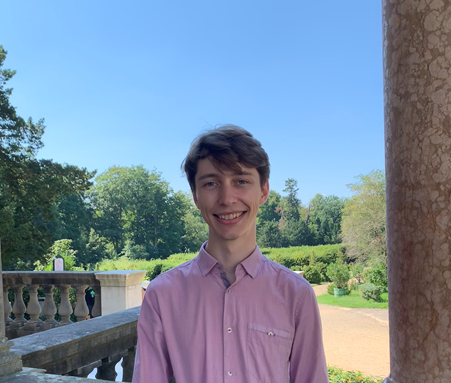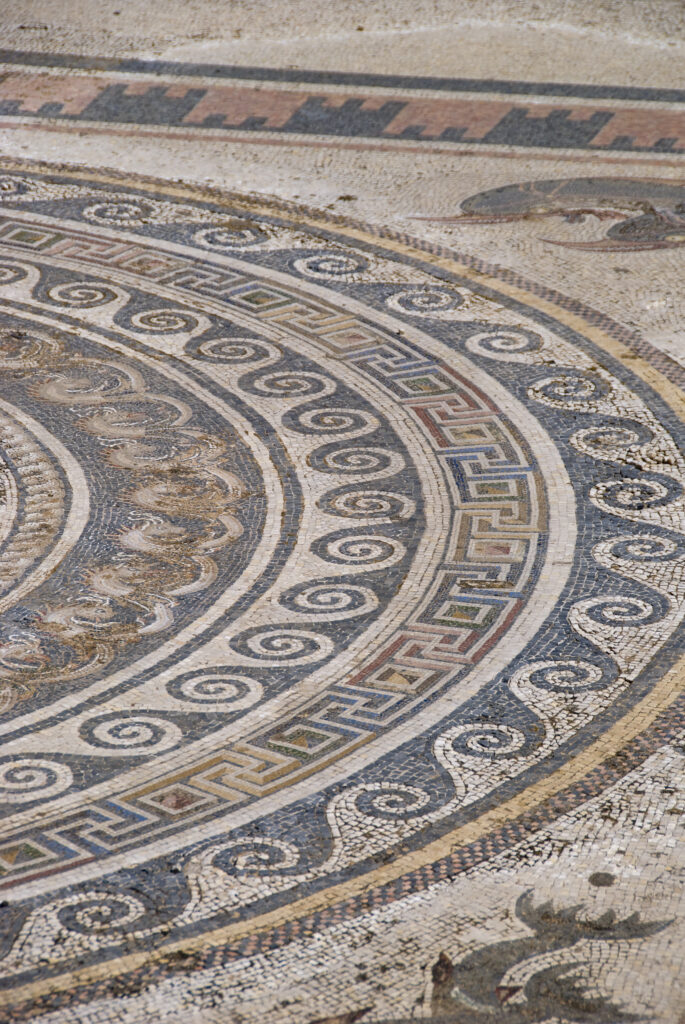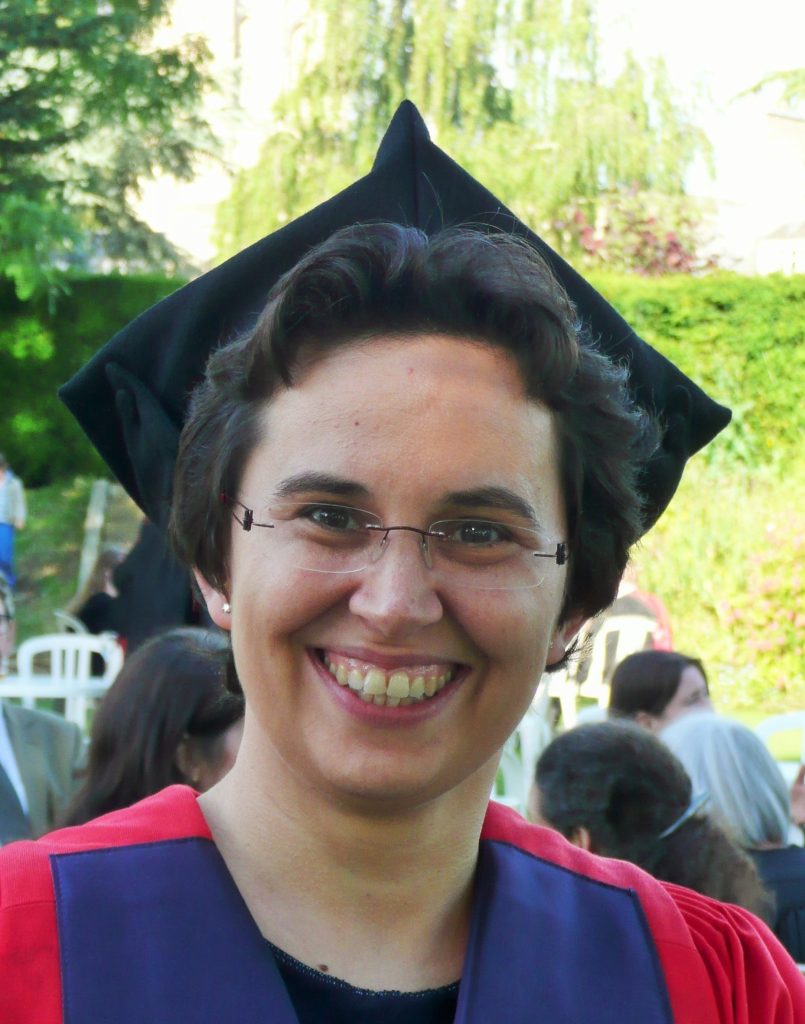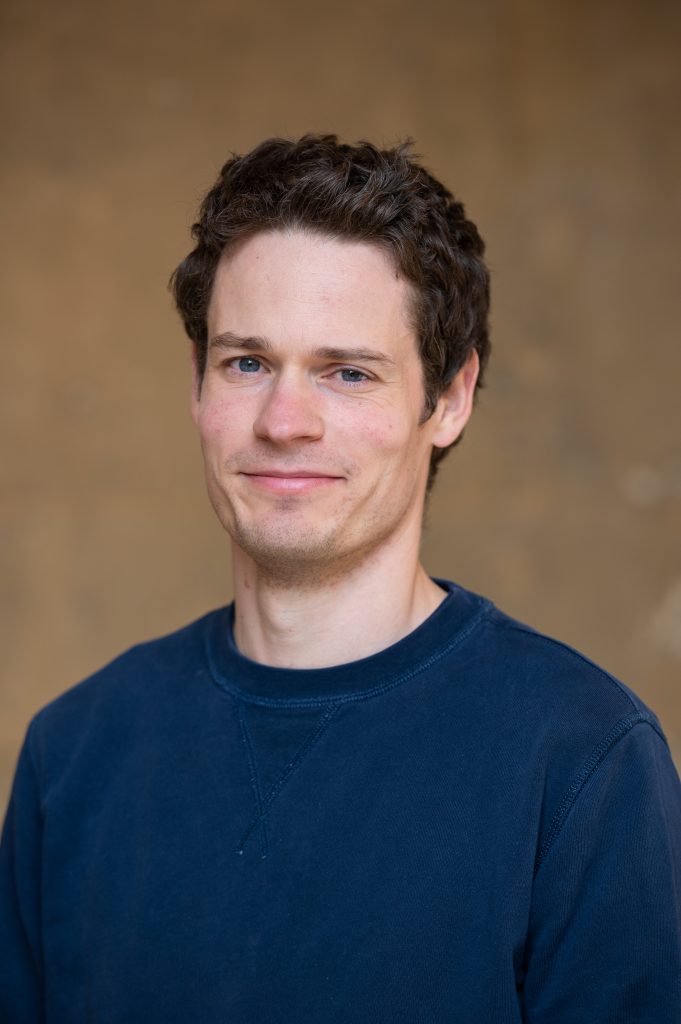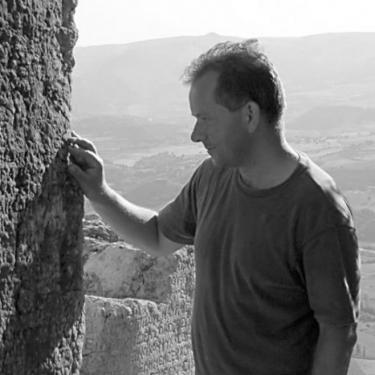Courses
- BA (Hons) Literae Humaniores (‘Classics’)
- BA (Hons) Classics and English
- BA (Hons) Classics and Modern Languages
- BA (Hons) Classics and Asian and Middle Eastern Studies.
The Course
The College offers all varieties of the Classics course (including the single- and dual-language streams introduced in 2025, formerly known as Course I and Course II), as well as Joint Honours with English, Modern Languages, or Asian and Middle Eastern Studies. For details of these options, please refer to the relevant Faculty websites using the links on the right-hand side of this page.
Classics at Queen’s is taught by Dr Charles Crowther (Fellow in Ancient History) and Dr Christopher Metcalf (Fellow in Classical Languages and Literature), and Dr Almut Fries (Lecturer in Greek and Latin), Maxwell Hardy (Lecturer in Latin Literature) and Dr Stefan Sienkiewicz (Lecturer in Ancient Philosophy).
The College’s recent graduates in Classics and Joint Schools have taken up a wide range of professions, from the arts (film, drama, music) to the law. Several now teach Classics in schools, or have gone on to graduate study, in subjects such as Ancient History, Ancient Near Eastern Languages, Arabic, Chinese Philosophy, Classical Literature, English, the History of Religions, and Linguistics, at universities including Cambridge, Chicago, Edinburgh, Harvard, Leiden, London, Oxford, Shanghai (Fudan University), St Andrews, and York. Nothing could better illustrate the breadth of the Classics course! As tutors we always encourage our students to shape their degree in accordance with their individual interests, and we see it as our pleasant duty to do whatever we can to help them thrive.
If you have any questions about the course, or would like to visit the College, please don’t hesitate to contact Dr Christopher Metcalf (christopher.metcalf@queens.ox.ac.uk) directly.
Teaching
Classics at Queen’s builds on a long and distinctive tradition. Its characteristic features include a close focus on the ancient sources—many scholars at Queen’s have worked, and continue to work, on publishing newly discovered texts—and an interest in the wider, non-Classical contexts of ancient Greece and Rome. Read a brief profile of Classics at Queen’s. Our scholarly profile directly informs our approach to teaching: knowledge of the ancient languages, and the ability to read, understand, and enjoy ancient texts independently, are among the vital skills that we help our undergraduates to acquire, whatever their previous experience of Greek and Latin. We are also very interested in the many intersections between Classics and other ancient and modern disciplines, and encourage our undergraduates to pursue these aspects of the course if they wish.
The tutorial remains the principal means of instruction. This usually involves two people and the tutor, and discussion of a topic on which the students will have written an essay. Tutorial essays tend to deal with detailed work on particular texts or questions, while the University lectures offer a broader view. The College also provides special language teaching (in addition to the general Faculty-based language classes) in order to help all students, whatever their previous experience, to reach their best possible level in Greek and/or Latin. Furthermore, tutorials are regularly accompanied by reading classes, which are designed to support text-reading in the original languages.
For the first part of the course, until Mods or Prelims, most teaching is done in-house: the tutors and lecturers in Queen’s regularly offer teaching in Greek and Latin literature, ancient history and ancient philosophy. After Mods or Prelims, the students’ choice of subjects determines where they are taught, though much is usually again in College. We encourage our students to develop their individual interests, within Classics or beyond, and to take advantage of the unique breadth of teaching that Oxford has to offer. In recent years, for instance, students reading for Classics and Joint Schools have complemented their Classical work by learning languages such as Akkadian, Arabic, Armenian, Egyptian, French, German, Hebrew, Old Persian, and Sanskrit.
The College Library has an excellent Classical collection that is maintained specifically for the use of undergraduate students. The College also offers generous grants in support of book purchases and individual academic projects (such as, for instance, attendance at summer schools, or trips to museums or ancient sites).
In 2024, undergraduates at the College founded the Lobel Society, in memory of the great Hellenist and former Fellow Edgar Lobel (1914-1982), which hosts a varied series of termly lectures by distinguished visiting speakers.
Admissions
The College has a lively and supportive community of about 16–20 undergraduates in Classics and Joint Schools. We normally take at least four candidates each year; there are no specific quotas for individual courses.
Before the interview season, you will be required to submit two pieces of work. Ideally, these will be marked essays (not work revised especially for submission). If you are in doubt about what to submit, do get in touch with us. You will also take the relevant language tests, or the Language Aptitude Test if you have no Classical languages.
In the interviews, we are looking for people with a commitment to the study of the very broad Classics courses and the ability to take advantage of the tutorial system. Before your interview in literature, you will be given a short extract from a work of Classical verse or prose. An English translation will be provided, and no previous knowledge of the text or author will be assumed. The interview is designed to resemble a typical tutorial discussion, and will consist of an open-ended exploration of the text that you have been given. The interviewers will be looking for intellectual agility and an enquiring mind, and a real commitment to this wide-ranging subject. The interviewers will not test you on factual knowledge.
You will be given a set of philosophical problems involving logic to look at before philosophy interviews; these problems do not presuppose any knowledge of particular philosophies.
Please try to relax and enjoy the occasion (people do!): we will not be trying to catch you out, nor is it essential that everything you say is ‘right’; we are interested in your ability to analyse and discuss a topic, not in what you know or do not know. It is therefore important not to come with pre-prepared ideas to which you intend to stick whatever criticisms may be made of them.
Please also note the detailed annual report on Classics and Joint Schools admissions (2025 entry), which prospective applicants may find helpful.
